“Will AI replace programmers?”
The questions that every student is asking themselves, and experts returning to intro courses even seek the answer.
As AI tools write code in seconds, and companies spend billions on automation, you might feel that software developers are running out of time. If AI can code faster, test better and deploy smarter, then what are we to do?
Fear and anxiety around Thinking Skills. We are going to break this fear in today’s operation. We address what it is exactly that is happening in the tech industry, why software engineers will continue to be hired in future also, and most importantly of all, if learning to code still matters, in a “post-AI world”.
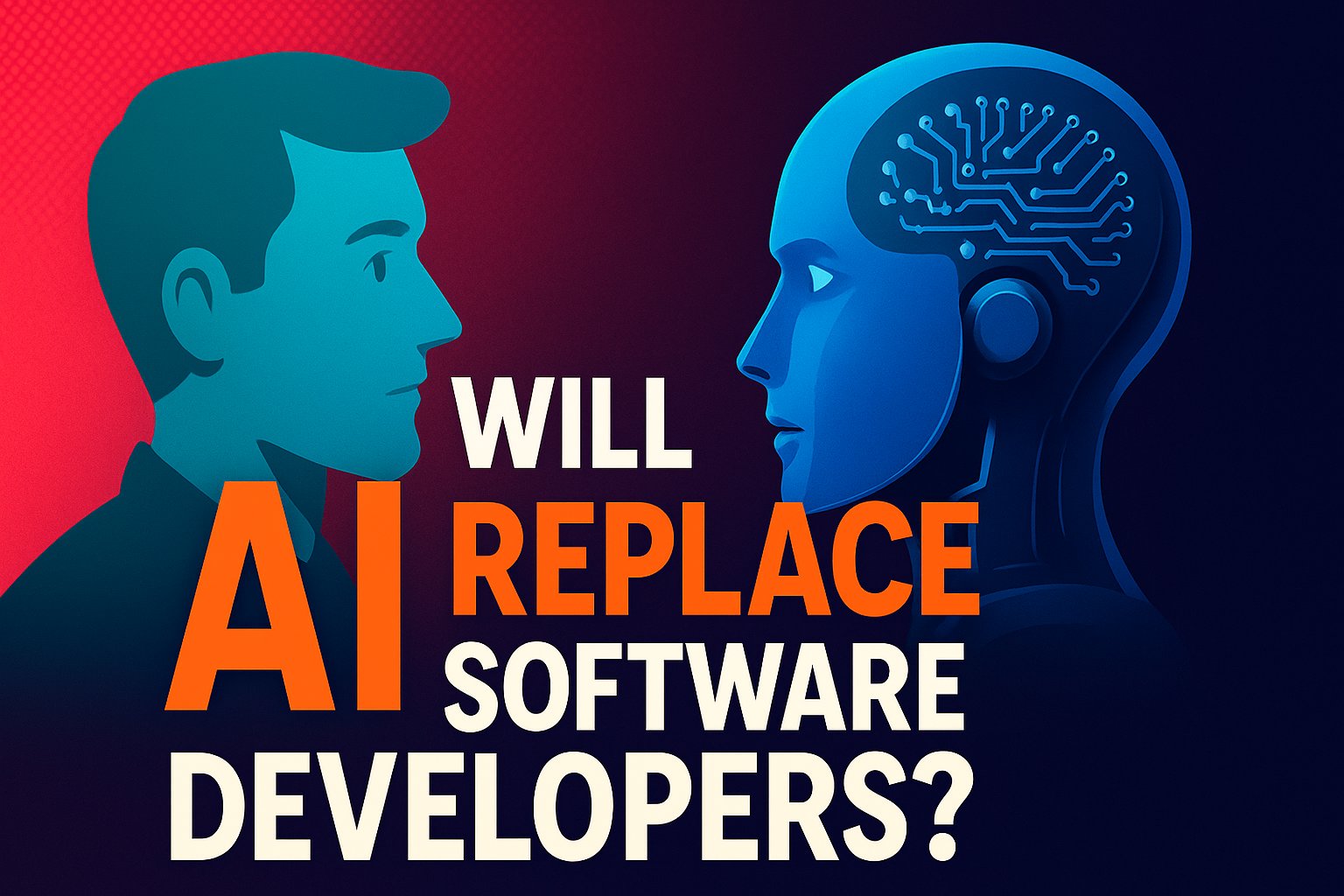
Why Do These Questions Arise?
These are messages of fear. Fear is overflowing from social media and traditional media alike. Big statements made by tech industry leaders are met with a lot of fear-mongering.
For example:
- Mark Zuckerberg, the CEO of Meta, is heavily invested in Meta AI (Source: CNBC
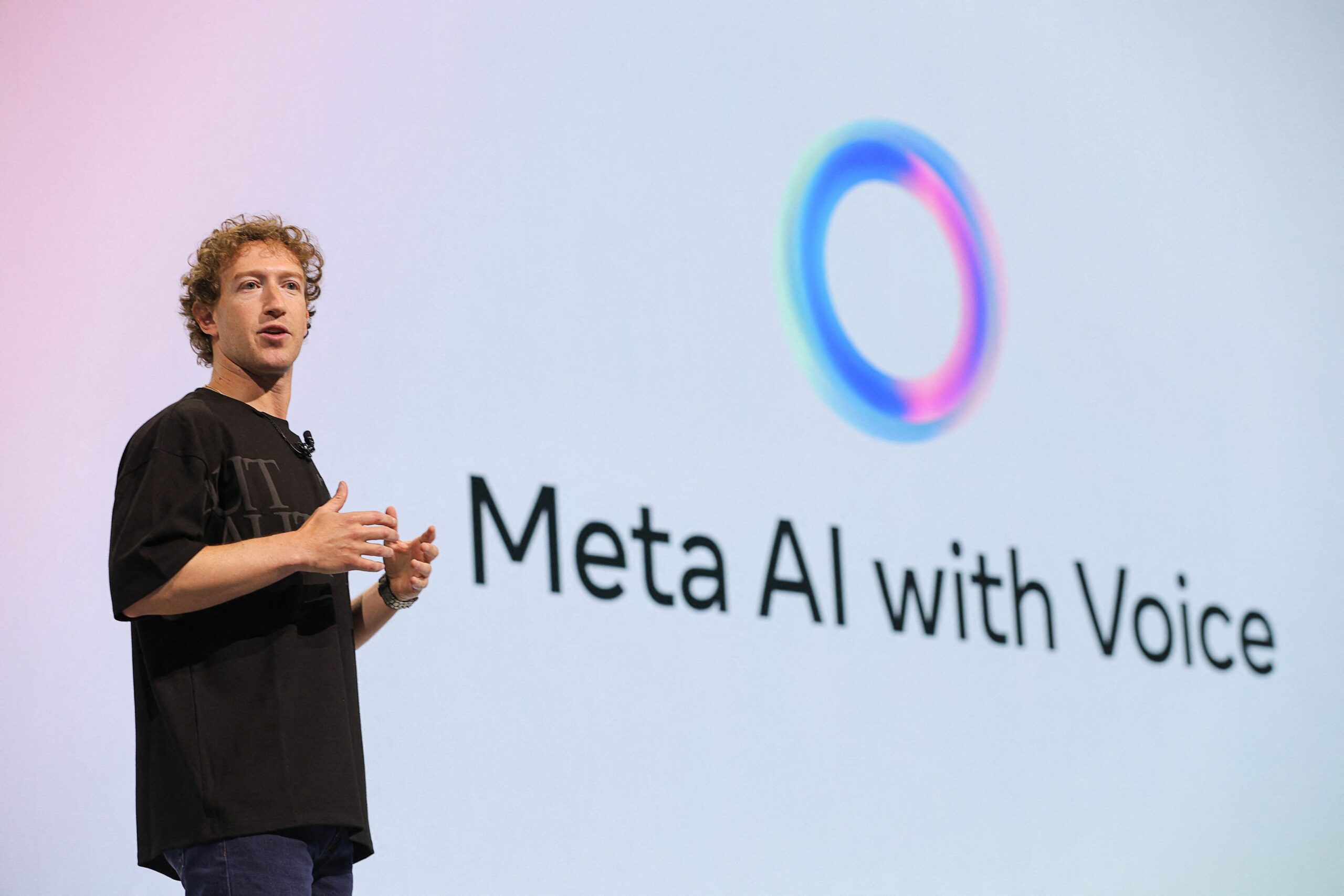
- The CEO of NVIDIA has also made bold claims about how AI is the future (Source: The Economics Times
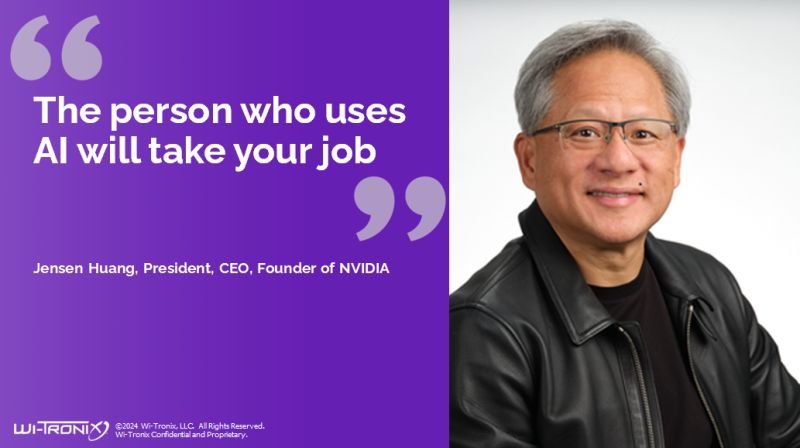
Of course, who’s going to be optimistic about AI if not companies like Meta (spending billions on AI), or Salesforce (which built an AI product AgentForce and hired just 2,000 new salespeople just to sell it) or NVIDIA (whose chips power all these models)?
As of today, if you go to Meta’s careers page, they are looking for mid-level software engineers.
Go to OpenAI’s website: they’re hiring front-end, back-end, and full-stack engineers.
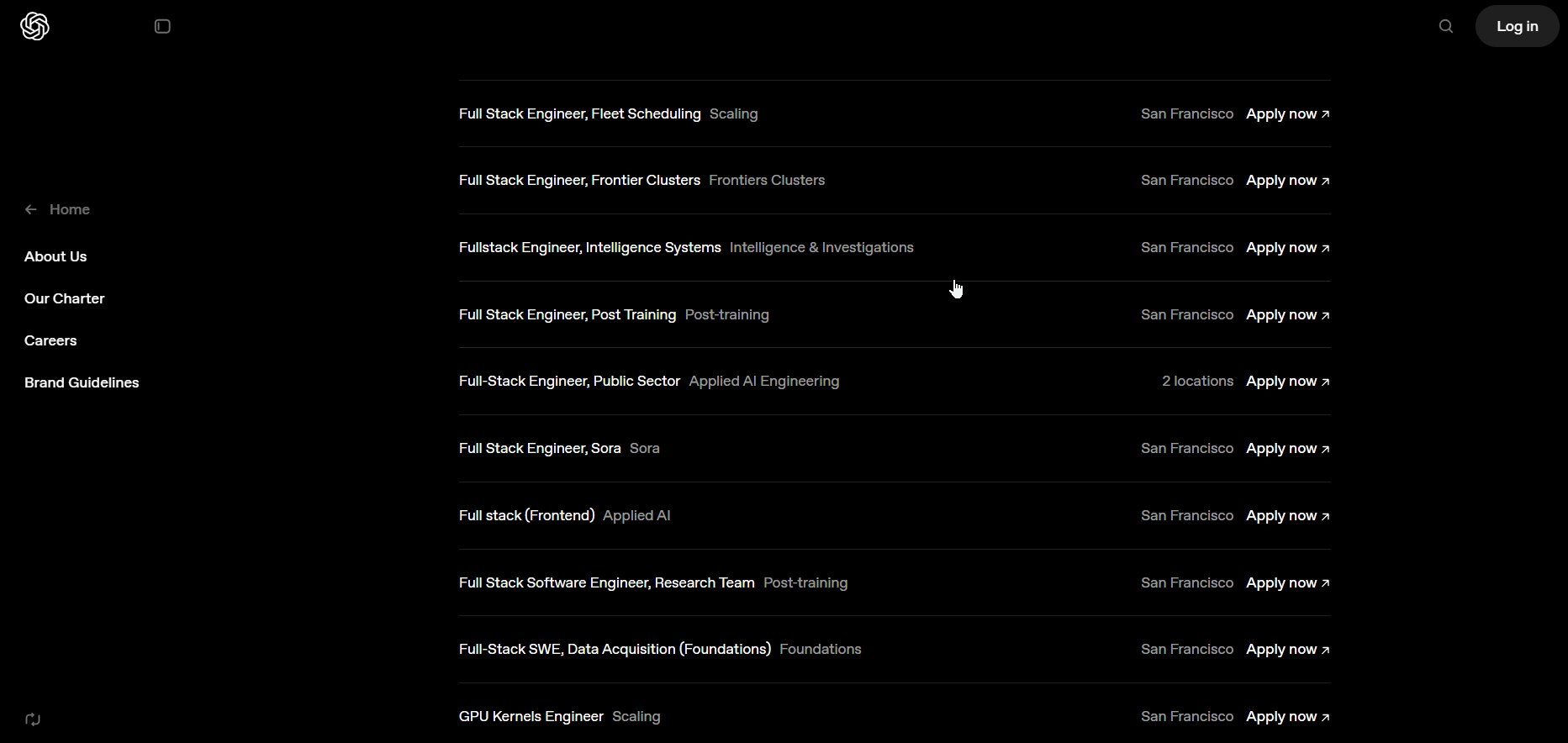
Check Salesforce: again, you’ll find open roles for engineers.
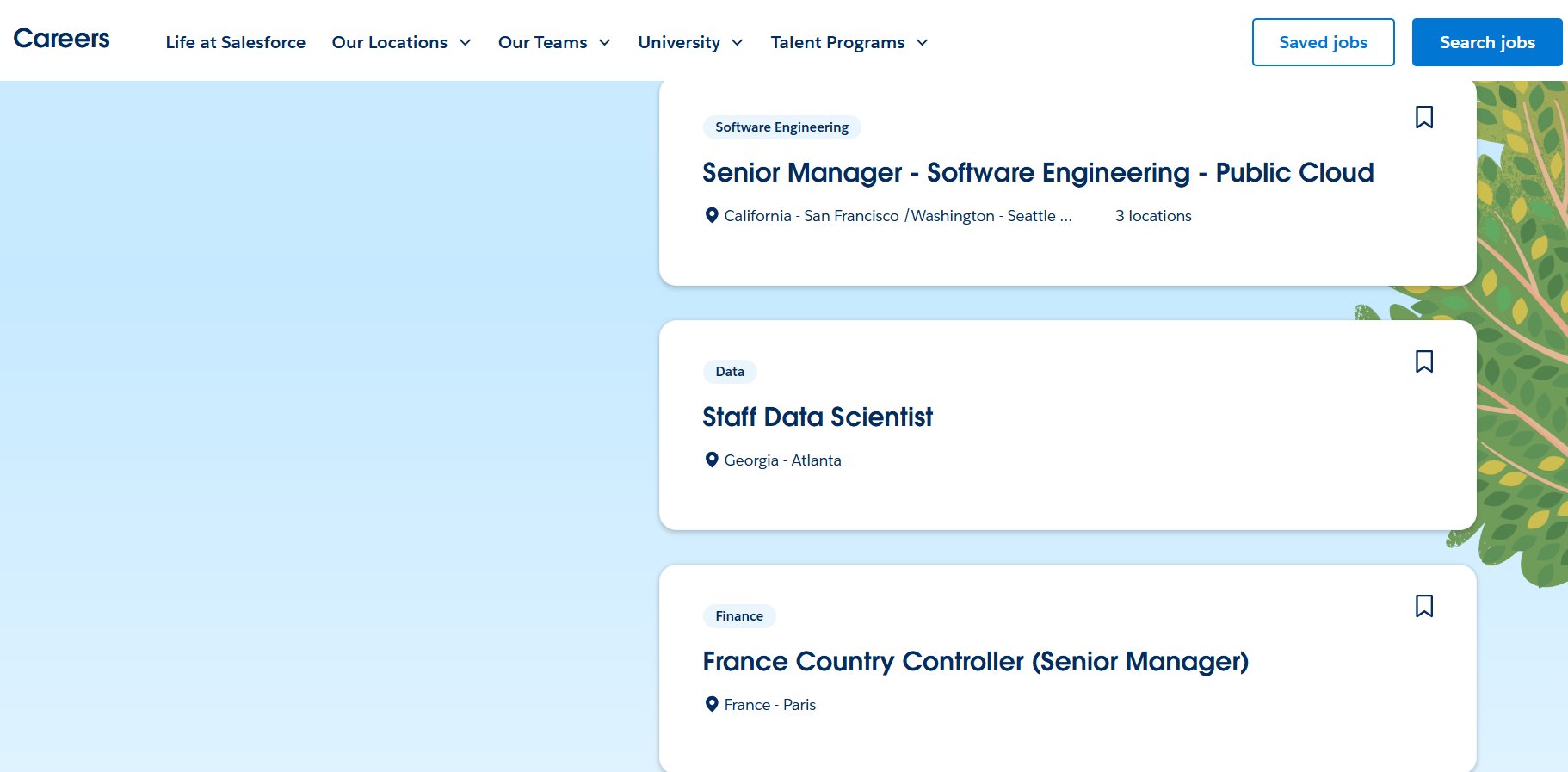
Key Takeaway: No one, not even Bill Gates or Mark Zuckerberg, can predict the future with perfect certainty. The next 10–15 years are all we can hope for. Yes, AI is advancing at a breakneck pace, and it’s really great for us. But amidst all this noise around programming, we often forget that Software Engineering is much more just “writing code”.
What Does a Software Engineer Actually Do?
A software engineer is a problem solver. Programming is only one aspect of a many-faceted job. You must:
- Identify real business problems
- Design scalable solutions
- Debug and test applications
- Integrate multiple systems
- Handle deployment and monitoring
Saying software engineers will be completely replaced by AI just because AI can now generate code is like saying calculators will replace mathematicians. Calculating is just a small part of what mathematicians do.
On a similar note, software engineering is more than just coding. True, it comes down to dealing with difficult real-world problems.
Think Beyond Software Engineering
Consider a familiar domain: Law.
While tools like ChatGPT can list out American laws and suggest legal arguments, would you let an AI represent you in front of a court? No. You want a freaking seasoned attorney!
Eventually, you could see those attorneys using AI to augment their capabilities, but there is always going to be an appetite for a seasoned pro.
This also holds for good software developers. AI is evolving, yes, but as a facilitator, not as an alternative.
So, to answer the question “will AI replace programmers” directly: AI will NOT replace good software developers.
Industry Trends and Opportunities
Take a quick glance at the world today, and you will see that virtually every company in existence relies on some form of technology. Actually, the level of competence in tech-enabled companies is growing.
When startups begin, they may use tools like WordPress or Webflow. But as they grow, they need custom, scalable technology. And for that, they need in-house engineers.
Also, if you are a software engineer student, then you need to excel in AI and before that you need to understand the AI glossary to get familar with the future AI Trends.
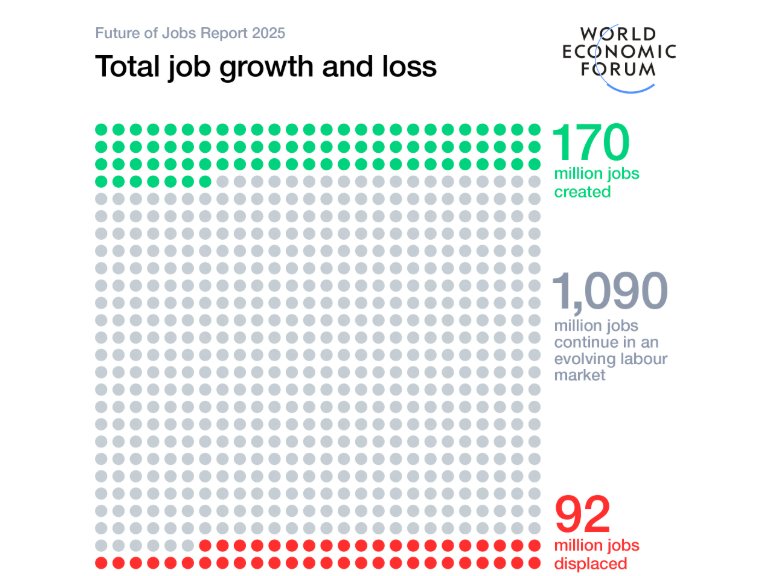
These companies may integrate AI tools into their stack, but they’ll still need developers to:
- Customize software
- Fix bugs
- Maintain systems
- Build and scale products
In fact, even those services building tools like SaaS platform in which AI require engineers to build, maintain and arguably more importantly, improve on them. Hence, a software engineer is always in demand, now and forever.
Should Students Still Learn to Code?
Absolutely. But let’s be realistic. If you are a beginner, then what you will learn in the first 4–6 months has already been build and works better than you. That’s normal. You are learning the tools, just like a carpenter would learn to use a hammer.
For beginners, you’re still not tackling the most complex problems. You’re still a beginner: learning syntax, logic and building little projects. AI is so much further ahead than it was; there’s no way you can compete with ChatGPT regarding your actual code.
However, after 2–3 years of experience, you will be solving problems which AI cannot solve, things like architecture design, edge case debugging, user behaviour understanding and real-time system building.
Everyone starts at zero. The path to being a seasoned dev is the hardest you have to start from scratch and be murk through its learning curve.
If You’re Always Scared of AI, Consider a Different Field
If the only thing that keeps you awake at night is worrying about AI replacing your job, maybe it’s time to start looking for another field.
Tech is a fast-changing field. There are new frameworks, tools, languages and trends every year, ranging from AI to Blockchain to Quantum Computing. The best example is China’s Deepseek, how fast they start leading the trend.
But the people who win in tech are the ultimate perpetual learners and problem solvers.
If your personality leans toward stability, where you want a fixed syllabus, a fixed exam pattern, and lifelong job security, maybe preparing for government jobs is a better fit.
Even then, only the top 1–5% are truly thriving, but at least you will be surviving relatively comfortably with less of a churn due to rapid change.
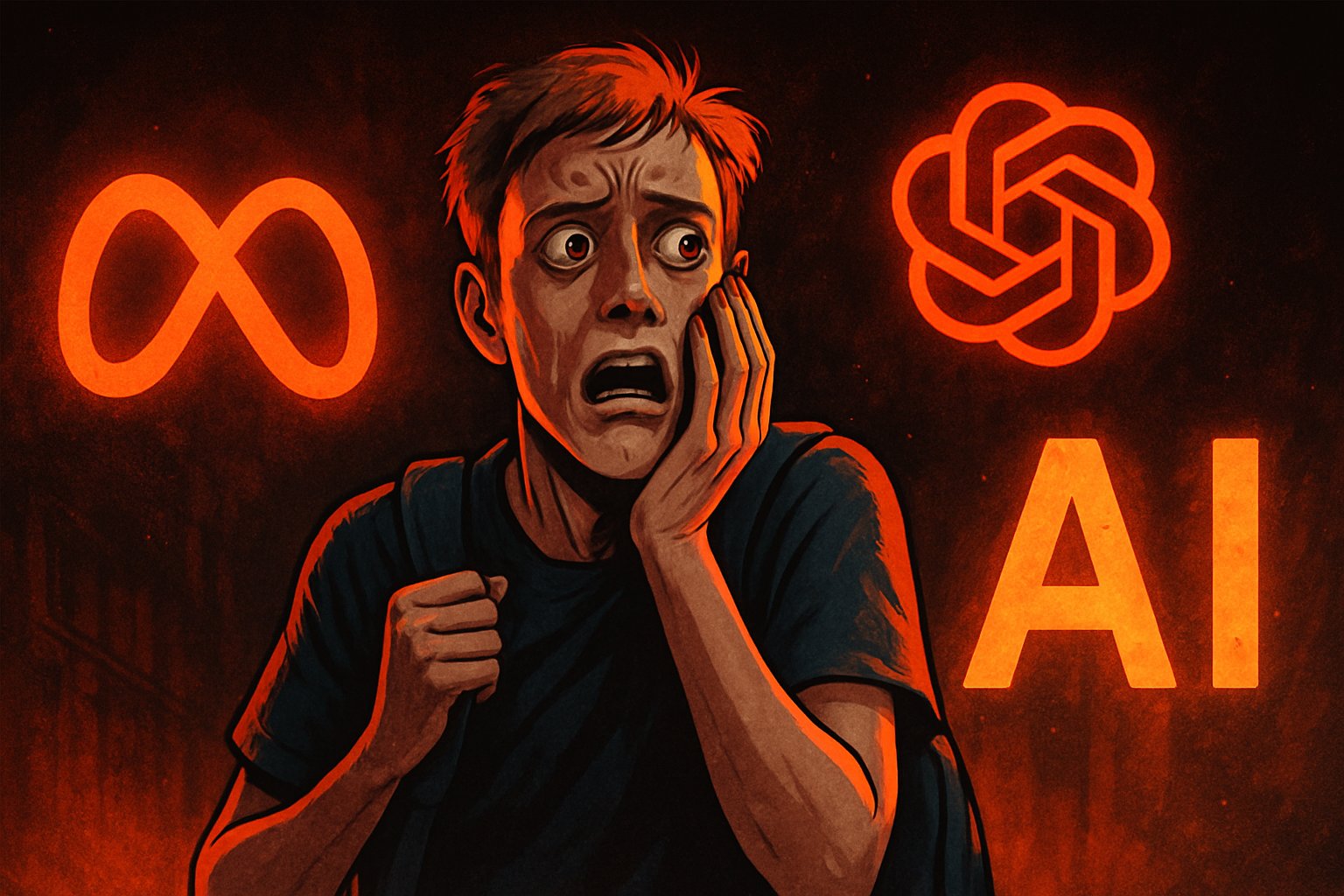
| Important: Not just that, AI has already taken jobs from content writers, copywriters, and many other professionals. In today’s time, if you want your website to rank, you also need to focus on ChatGPT SEO. |
Conclusion
Two key takeaways:
- Be a lifelong learner: Well, that will make you unforgettable in the industry. This is completely fine, instead, just focus on getting your first tech job and working over the years to move from there into a specialty where you can have a real career.
- Balance short-term and long-term needs: Work on core development to get a job, and then keep learning AI tools trends gradually. In the next 5–10 years, development and AI will be more or less synonymous. However, at the heart of it all, software development and engineering will stay necessary.
AI tools are your friends, they will assist you in becoming a better developer, not take your job. Hopefully, some of what we talked about today will be useful to you down the road.
Feel free to ask in the comments if you like this will AI replace programmers? article. That’s all for today. See you in the next session. And in the meantime, happy learning, happy exploring!